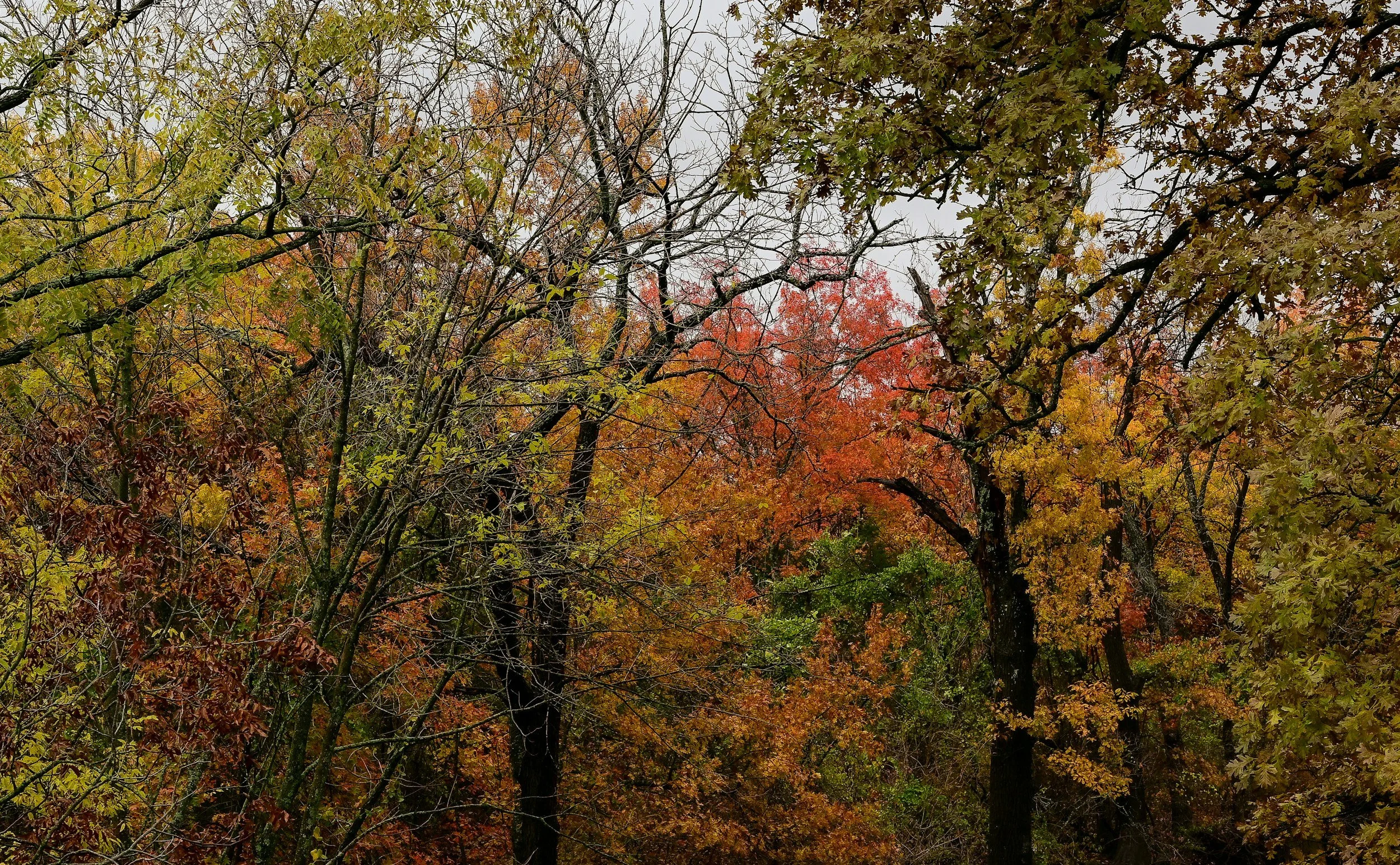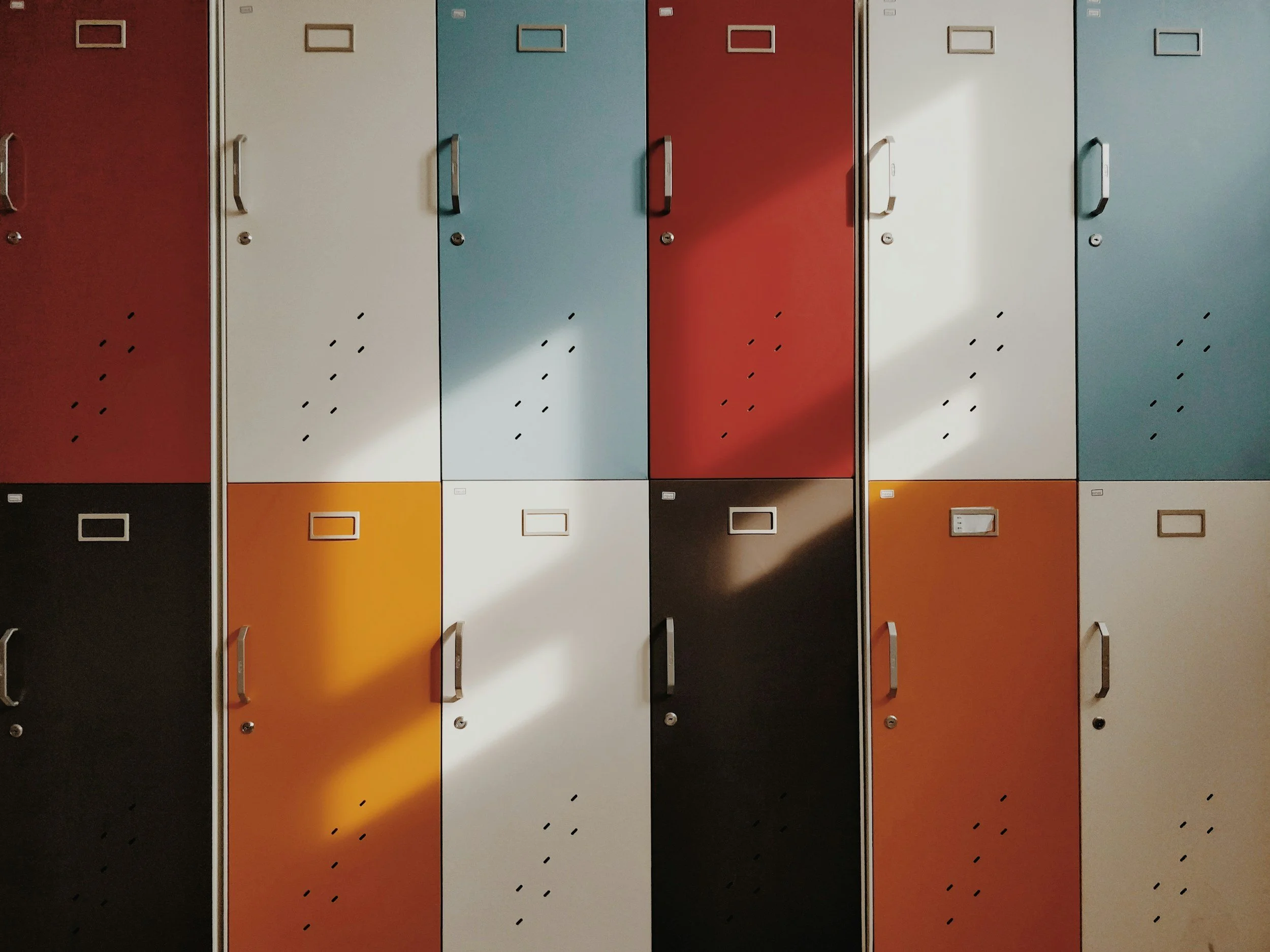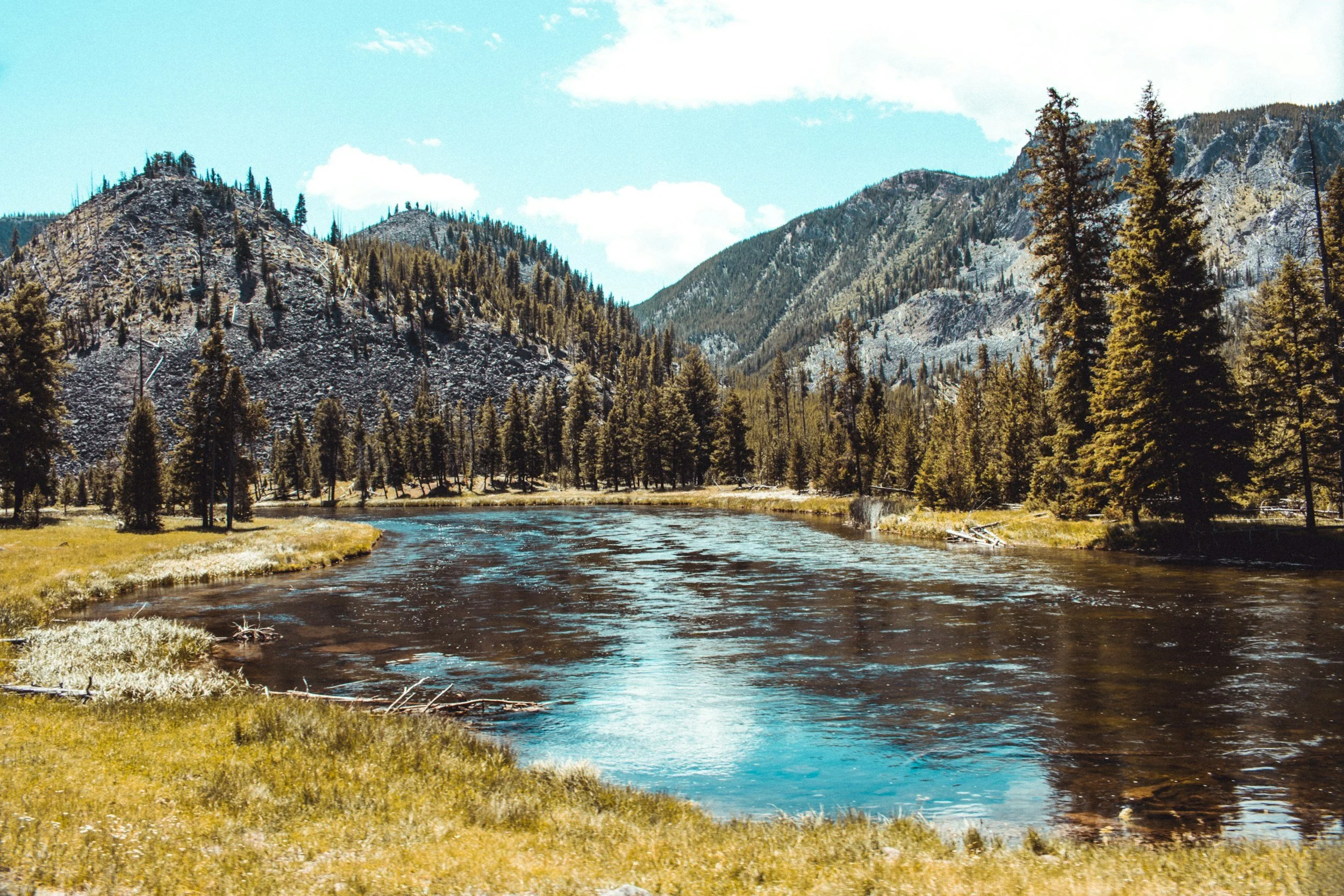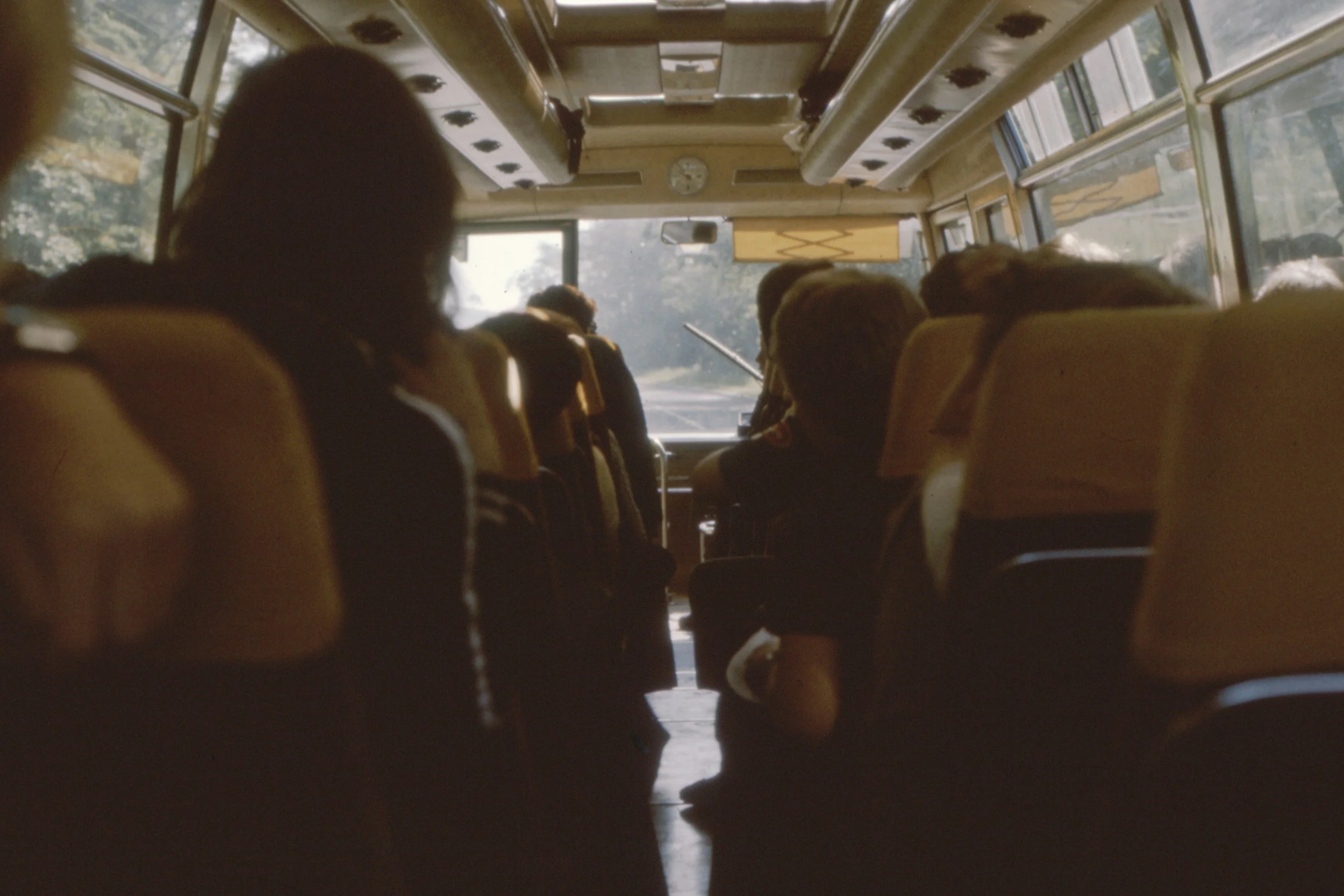The Journey
We stand together near the bus station, inhaling the smell of cow shit, watching miniature dust devils swirling around in the street like tiny tornados. Two hippie imposters, my boyfriend Don and I, wait for a Greyhound bus to take us from Stockton to Pasadena, California.
Why are we in Stockton? I remember hitching from Pasadena to San Francisco. I remember Don and I planning to meet up with friends living in Haight-Ashbury. I know it is mid-summer, 1969. I am wearing calf-hugging suede boots under skintight bellbottoms, a flimsy little peasant shirt, and dangling earrings. My oversized purse with its leather fringe holds nothing but my wallet, lipstick, a brush, cigarettes, cool shades, and Wrigley’s Doublemint gum. No toothbrush.
She wasn’t a hippie. Nor was she reckless or irresponsible. She was a good girl, someone who always played by the rules, ad nauseum. Theater school brought her to L.A., and in Los Angeles—for the first time in her life—she felt like she could invent herself and be whoever she wanted to be. When she walked across the campus of the famed Pasadena Playhouse she thought of the school’s past students: Dustin Hoffman, Sally Struthers, Nick Nolte—an actor with surfer hair who later became famous for his breakout role in a made-for-TV movie in the seventies— aspiring actors who might have dreamed of being honored with a brass star along the Hollywood Walk of Fame. She had dreams. Anything seemed possible. Her parents knew she was in school, but that was all they knew. They sent her money for food and rent. She thanked them politely and told them little about her life. That seemed to satisfy them. They rarely asked questions. Their crumbling marriage occupied their lives, full-time.
Don and I get lucky. I’m a novice at thumbing, but Don is a practiced hitchhiker. Minutes after standing near Colorado Boulevard—the street famous for Pasadena’s Rose Bowl Parade—two longhairs in a beater sedan pull over, we jump in the back, and before we hit the interstate the front seat passenger lights a joint and we pass it around. Suddenly we’re all best friends. Jesus, I have no idea how much dope we smoked. The radio blasts acid rock. We pass miles of desecrated land where pumpjacks, looking like giant grasshoppers, pulled crude from the ground. Don and I make out in the backseat. I crash, falling into a dreamy sleep as his hand caresses my breast. It is mid-afternoon when we reach San Francisco. I dig around in my leather bag, find our friend’s street address. Someone lets us into a ramshackle Victorian that needs a fresh coat of paint. We climb two flights and locate our friend’s apartment. The door is open. No one’s there. No furniture. Pigeon droppings speckle the worn wood floor like Jackson Pollock’s spatter art. Rock doves preen and coo atop the ledge of an open window.
She suspected Don was trouble from the day she met him. That was part of his allure. She ignored the warning signs: a few minor run-ins with the law, petty theft, a short stint in jail while he was in the Air Force. Don might have been a bad boy, but he treated her like she was special. He was the cutest guy she had ever dated. The first man she slept with. Tall, nice build. Long, blond, surfer hair. Perfect teeth. He wrote her love letters. After dating for less than a year Don talked about getting married. Plans changed when she awakened in the middle of the night and heard Don and their friend Janis having sex in the living room. She was too humiliated to confront him immediately. In the morning, when she did, he called her crazy.. Two days later she walked into her apartment and discovered a large suitcase and half her record collection gone.
The trip to the Haight is a bust. There is nothing to do but return to Pasadena. We find a busy street. Don extends his thumb. Next thing I know we’re standing near an off-ramp eighty-four miles east of San Francisco, somewhere on the outskirts of Stockton. Don and I have a few bucks—enough for a cheap meal, a pack of smokes—not enough for two bus fares to Los Angeles. Late afternoon sun bakes my head. My boots are falling apart; something sharp cuts into the heel of one foot. I’m limping. Too-tight jeans melt into my thighs. Don removes his shirt. We need to get to Pasadena. What I remember next, we’re standing near a freeway on-ramp, two sweaty, straggly-haired hippies, thumbs extended, hoping for a ride to L.A. No one stops. No one even looks at us. We walk back to a truck stop-diner near the freeway. When I return from the bathroom Don says, “I’ll panhandle for bus fare.” He invents some sad story. It’s a lie, but people believe him and cash tumbles into Don’s outstretched hat, enough money to buy us two seats on the next Greyhound bus to Pasadena.
When she considers that day now, what she remembers of it, she sees how her naiveté and events aligned with the free-spirited, bra-burning, screw the establishment times. After two years at a private women’s college in the late sixties, she wanted to raise hell, shed her nice girl skin—recreate herself. The panhandling part now embarrasses her. But she smiles when she thinks about that free-spirited woman, living on the periphery of recklessness in California. She kind of misses her. Maybe she wasn’t that wild after all. She eventually traded in hitchhiking and her wild child ways for marriage to a solid, responsible man. They raised a family and lived a traditional life. In many ways she had found what she’d always desired: a stable, peaceful home life—the life she had longed for and missed growing up with two alcoholics. Near the end of her marriage she felt an undercurrent of restlessness, not quite melancholy, but conflicted feelings that confused her. She wondered if her role as wife and mother no longer entirely fit with who she was. She was neither wild child nor domestic maven. She wasn’t unhappy. She was a chameleon. A woman who just didn’t know herself anymore.
The Greyhound for Pasadena pulls into Stockton. We board, and I sink into the plush seat. I remove the boots from my bloodied feet and begin to relax. The AC calms my overheated body. My hair and skin smell like sweat, pot, and cigarette smoke. I just want to go home. About halfway into the five-hour bus ride a stranger pulls out a half gallon jug of Carlo Rossi Paisano Red and starts passing it around.
Rotgut goes down easy. Each swig carries me closer to a shower and a bed with clean sheets. At one point the driver eases onto the shoulder of the freeway, stops the bus, turns to the passengers, and warns us that anyone caught drinking will be kicked off the bus. Yeah, even if it’s in the middle of Bumfuck, Nowhere. I make myself small and slink down in my seat: what the hell is a nice girl educated at an expensive women’s college doing here? Don sleeps in the seat next to me. I lean my head against his shoulder, but I feel no comfort.
The separation from her husband roused hurt and confusion. It tarnished her relationship with their daughter. There were threats. Nasty words exchanged. At the time her heart was divided, and she wondered: would it be made whole again by beginning anew, by reinventing herself? She’d been taken care of her entire life, inhabiting the roles that presented themselves because it was easier to play the parts than venture beyond her safety zone to explore something new. But consent came with a price and in her mid-forties she broke free. When she attempted to separate herself from her life’s old storyboards she realized the very ordinariness of her midlife crisis. She was a cliché. Her life was one of conformity and contradictions and, like many women of her age and the era, at age forty-six she hungered to know who she really was and discover what she needed to become a person she could love.
It’s half past midnight when the Greyhound pulls into the deserted Pasadena bus station. I’m woozy from no food and cheap wine. We begin walking from shabby Old Town to my apartment. This is not the L.A. of my dreams. Some guy stops us. He’s selling LSD, three bucks per acid tab. Don buys one. I decline. Don is no Nick Nolte.
At seventy-four, she walks along an Oregon beach, orange exoskeletons of Dungeness crabs littering the sand. She turns one over in her hand—a strong yet fragile thing—a contradiction. During their formative years, crabs cast their shells frequently; the process slows as they grow into maturity. After each molt they burrow into wet sand and remain buried for months as they form new, protective shells. Joseph Campbell once wrote, “We must be willing to let go of the life we’ve planned, so as to have the life that is waiting for us.” She hadn’t known another life was waiting. She once believed she had settled into what would be her forever life, though she now realizes that her marriage was part of the journey, not the destination. And, ironically, it was her husband’s love and support that helped her grow and discover her truer self. But when niggling voices burst through, censuring her past deeds, threatening to hold sway, she grants them small space before banishing her sad memories. A fraction of that late sixties woman still simmers inside, a woman ready to travel unknown paths, a woman who lives in the present.
-Carol Raitt
Carol Raitt is a Seattle writer and retired environmental educator. She has written about the Maasai in Kenya, cockroaches in Costa Rica, and sea stars in Oregon. Her writing has appeared in The Corvus Review, Shark Reef, A Plate of Pandemic, Green Prints, The North Coast Squid, and "Readers Write" column of The Sun. She has writing forthcoming in under the gum tree, and Canary. Her essay about gardening during the pandemic will be anthologized by Wild Librarian Press and published in late 2024.



















